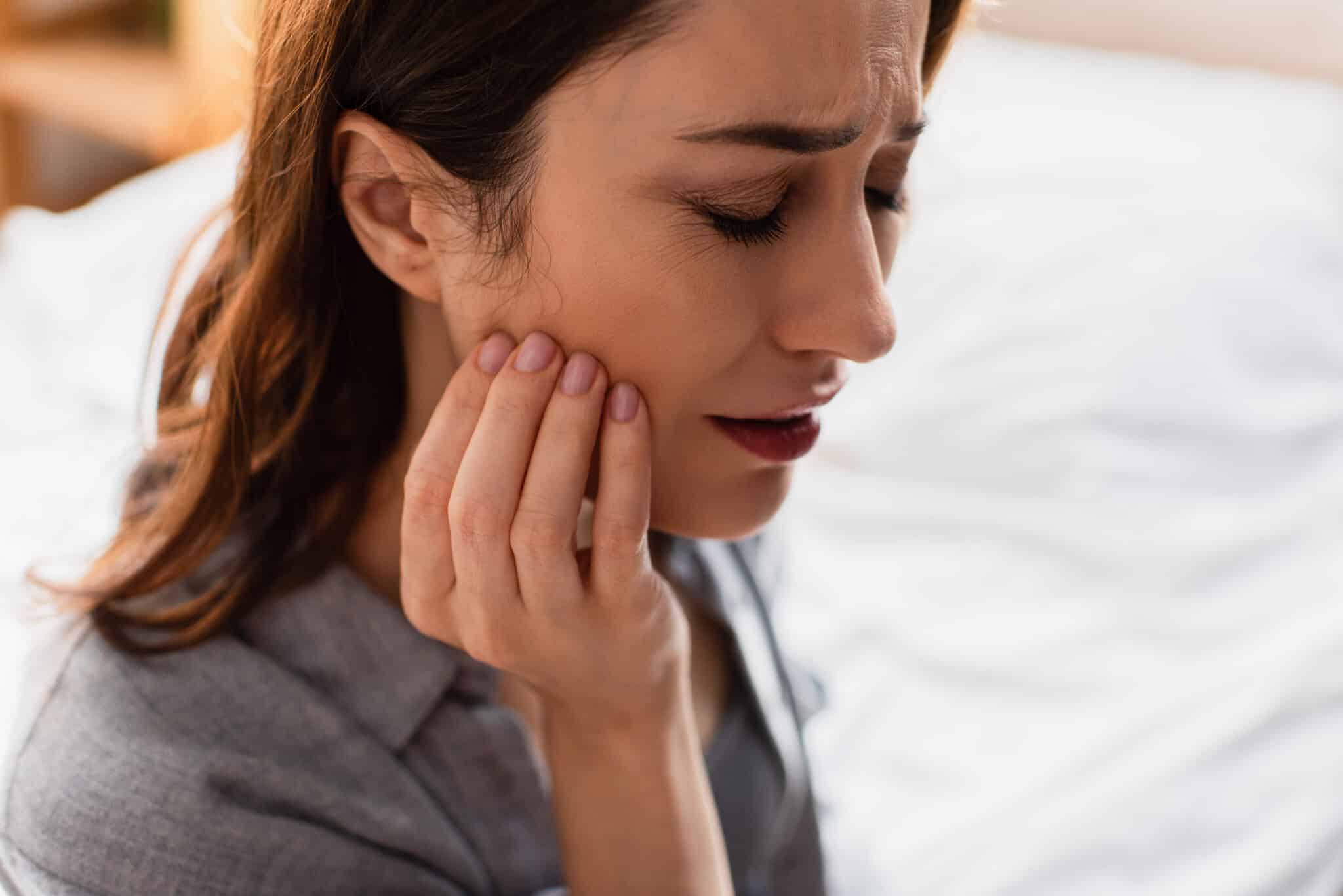Leah Bucholz will delve into obstructive sleep apnea secondary to TMJ, particularly concerning veterans’ health. She sheds light on the convergence of these conditions and their implications within veteran populations.
Understanding Obstructive Sleep Apnea
Obstructive Sleep Apnea (OSA) is a prevalent sleep disorder characterized by repetitive episodes of complete or partial upper airway obstruction during sleep, leading to disrupted breathing patterns. The American Academy of Sleep Medicine outlines diagnostic criteria for OSA, emphasizing the significance of polysomnography or sleep studies. While occasional apneic events are common, pathological occurrences can result in severe health complications, including cardiovascular issues, if left untreated.
Explaining Temporomandibular Joint Dysfunction (TMJ)
TMJ dysfunction occurs when the hinge joint connecting the jawbones malfunctions, causing pain and restricted movement. Many veterans receive diagnoses and service connections for TMJ-related issues, attributing to service-related or secondary disabilities. TMJ’s prevalence among veterans underscores the necessity of exploring its interplay with other health conditions, particularly OSA.
Interconnection between TMJ and OSA
Research suggests a compelling link between TMJ dysfunction and OSA, shedding light on their mutual exacerbation. Various studies have demonstrated a significant association between OSA symptoms and the onset of TMJ disorders. Furthermore, investigations have highlighted commonalities in patient profiles, with a substantial portion of TMJ patients exhibiting signs of OSA, far exceeding general population rates.
Exploring Causal Mechanisms
The relationship between TMJ and OSA extends beyond mere correlation, delving into physiological mechanisms that underpin their co-occurrence. Anatomical factors, such as the positioning of the lower jaw and tongue, play a crucial role in airway obstruction during sleep. Studies indicate that individuals with TMJ dysfunction often exhibit concomitant airway narrowing, predisposing them to OSA. Understanding these mechanisms is pivotal in devising comprehensive treatment approaches for affected veterans.
Clinical Implications and Diagnostic Challenges
Diagnosing obstructive sleep apnea secondary to TMJ poses unique challenges, necessitating a nuanced approach by healthcare providers. Veterans presenting with TMJ symptoms should undergo comprehensive evaluations, including sleep studies, to assess the presence and severity of OSA. However, distinguishing between primary and secondary contributors to OSA remains a clinical dilemma, highlighting the need for interdisciplinary collaboration among healthcare professionals.
Navigating Disability Ratings
For veterans seeking disability benefits related to obstructive sleep apnea secondary to TMJ, understanding the intricacies of disability ratings is paramount. Disability ratings for OSA encompass a spectrum, ranging from 0% for asymptomatic cases to 100% for severe respiratory impairment requiring invasive interventions. Veterans must navigate this complex terrain with the assistance of accredited claims agents or legal representatives to ensure fair and just compensation for their service-related disabilities.
Obstructive Sleep Apnea Secondary to TMJ
In conclusion, the intersection of obstructive sleep apnea and temporomandibular joint dysfunction presents a multifaceted clinical scenario with profound implications for veterans’ health and well-being. Recognizing the intricate interplay between these conditions is essential in providing comprehensive care and support to affected individuals. By leveraging interdisciplinary insights and navigating the complexities of disability ratings, veterans can access the resources and assistance they need to mitigate the impact of these debilitating conditions on their lives.
Also read: What to Expect in an Ulcerative Colitis C&P Exam
At Prestige Veteran Medical Consulting, a veteran-owned company, we specialize in Independent Medical Opinions (IMOs) known as Nexus letters.
Our purpose is to empower YOU, the veteran, to take charge of your medical evidence and provide you with valuable educational tools and research to guide you on your journey.
Understanding the unique challenges veterans face, our commitment lies in delivering exceptional service and support.
Leveraging an extensive network of licensed independent medical professionals, all well-versed in the medical professional aspects of the VA claims process, we review the necessary medical evidence to incorporate in our reports related to your VA Disability Claim.
Prestige Veteran Medical Consulting is not a law firm, accredited claims agent, or affiliated with the Veterans Administration or Veterans Services Organizations. However, we are happy to discuss your case with your accredited VA legal professional.













